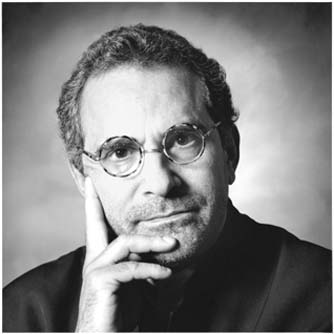José Ramos-Horta Reflects on Working Toward Peace
Revenge is easy, but forgiveness requires courage.
 This
century that is ending has been an extraordinarily eventful
one, both rich in human endeavor in the attainment of our
collective well-being and in self-destruction. It has registered
mind-boggling conquests in every field of human activity.
But the other side of the coin has been equally staggering-150
million people have died in violent conflicts.
This
century that is ending has been an extraordinarily eventful
one, both rich in human endeavor in the attainment of our
collective well-being and in self-destruction. It has registered
mind-boggling conquests in every field of human activity.
But the other side of the coin has been equally staggering-150
million people have died in violent conflicts.
In the course of this half century enormous progress has
been made in the promotion and protection of human rights.
Treaties, conventions, declarations, and resolutions have
been adopted. However, much remains to be done. There cannot
be true enjoyment of human rights as long as a culture of
peace and tolerance does not prevail over ethnic and religious
intolerance, as long as unemployment and poverty continue
to affect millions of human beings the world over.
While there have been significant advances in civil and
political rights, the right to food, shelter, education,
health care, and basic clean water is not accessible to
most people in the developing world. Even if a drop of clean
water were to be the cure for AIDS, millions in Africa and
Asia would not have access to this cure-they do not have
access to clean water.
The greatest challenge we face [in this] new millennium
comes from a world ever smaller for our expanding population,
where competition for livable land, water, and food will
be increasingly desperate. We expand as fast as we use up
nature's nonrenewable resources and as fast as we destroy
the forests, rivers, lakes, and oceans that we depend upon
for our survival.
Many governments spend more money on weapons than on education
and health care. Hundreds of millions of people in the developing
world have no access to clean water and while the AIDS epidemic,
malaria, cholera, malnutrition ravage an increasingly large
number of communities in the world, the rich of the North
continue to manufacture weapons and then try to sell them
to the poor of the South.
Alarmed by the growing arms race and the unrestricted flow
of weapons from the developed countries to the poorest nations
of the South, a group of Nobel Peace Prize recipients established
the Commission of Nobel Peace Laureates for Arms Control.
Our aim is modest. We are calling for a ban on weapons deliveries
to countries listed as human rights violators, to governments
that are engaged in wars of aggression, military occupation,
and annexation and spend more money on weapons than on education
and health care.
Poverty knows no boundaries, has no culture or nationality.
It coexists with opulence in Indonesia, China, the Philippines,
India, Pakistan, Brazil, South Bronx, Chicago, downtown
Los Angeles, in the banlieue of Paris, London, Moscow. It
is spreading. It is the gravest threat to peace in the world.
The armies of hundreds of millions of poor people, the unemployed,
landless, and homeless, who live below the poverty line,
who cannot afford more than a meal a day, who cannot send
their children to school, are closing in on the cities of
the rich and privileged.
As we are ushering in the new millennium, the West should
make a determined commitment to stand for justice, human
dignity, and freedom everywhere in the world.
Biography
Resources for Teachers and Students